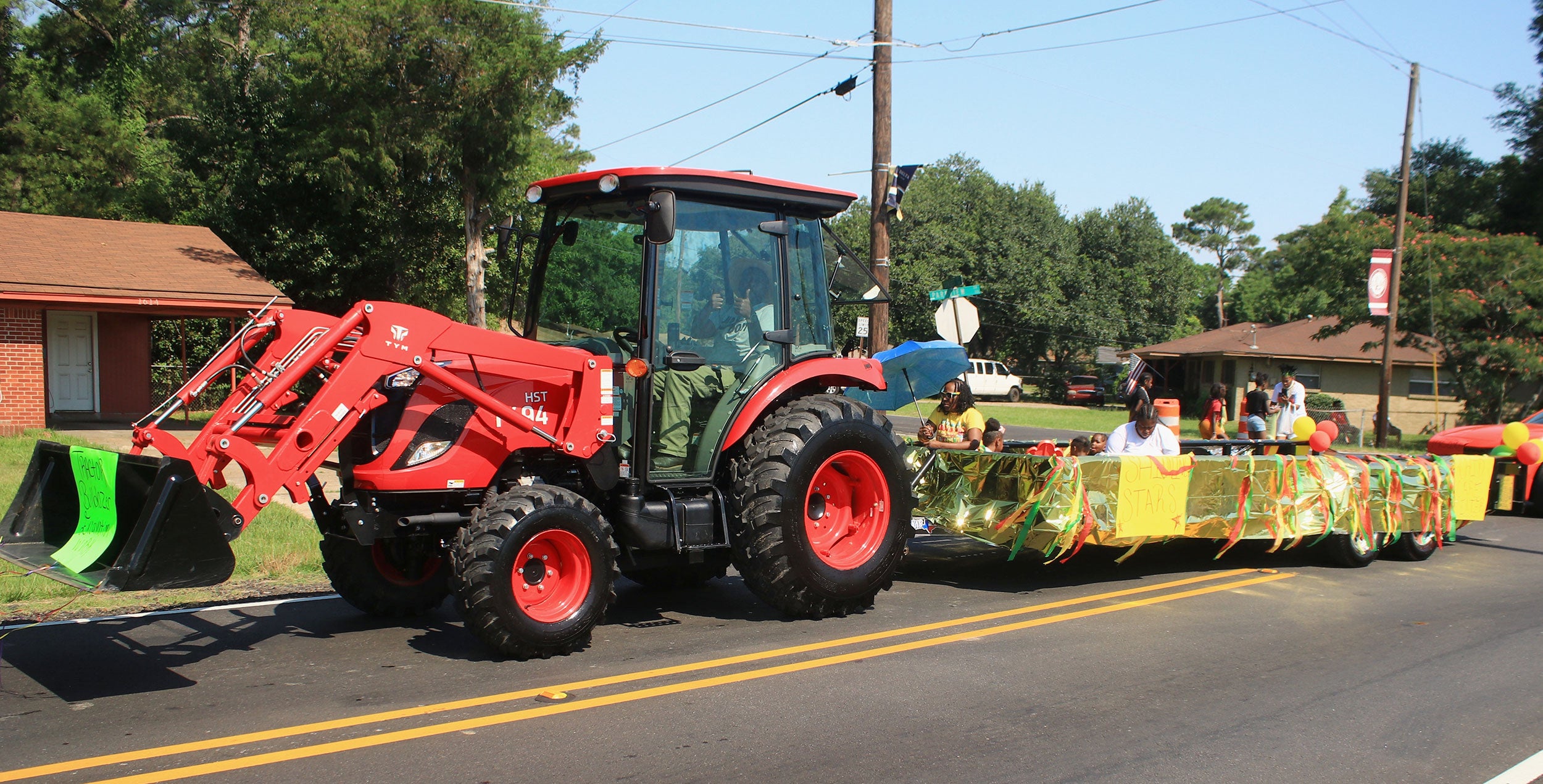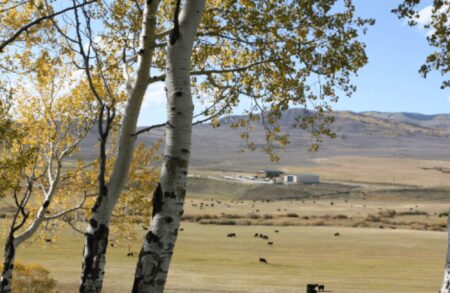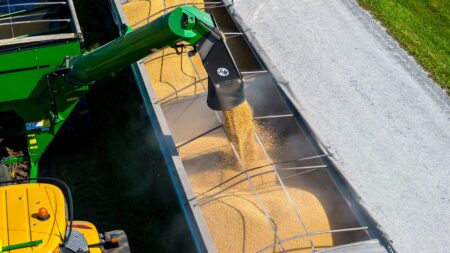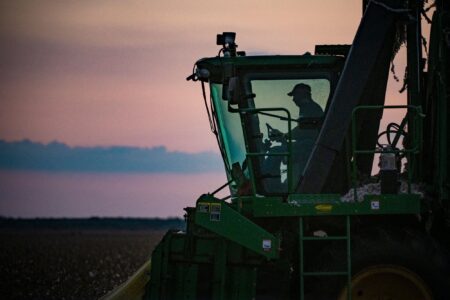June is immersed with inspiring celebrations. Yet, with all the celebrations, a holiday in its infancy is emerging from its historical origins out into the world.
“[Black filmmaker] Spike Lee and I are going to get together soon and discuss how we push this,” the Rev. Al Sharpton, a CNN correspondent and founder of the National Action Network said on a table chat with his fellow correspondents on a recent Wednesday morning while discussing the Black community’s involvement in politics. “More visibility needs to be on this holiday. … We need to push this.”
For those in agriculture who do celebrate Juneteenth — even before it became a paid day off for many employers — we must remember that true freedom in the fields has always been half-buried in hard earth. It’s not just a day off, it is a litmus test of protecting Black land, legacy, and sustaining justice in our ever-changing climate.
To dive into some of the history: At the close of the Civil War, freed people were promised “forty acres and a mule,” as determined by Sherman’s Field Order No. 15. Yet in 1865, President Andrew Johnson decided against this promise. He returned those lands to Confederate slave owners. This forced Black families into sharecropping contracts, which paid very little and was their own version of covert slavery.
Black farmers began owning their own land around 1910, about 15 million acres in total across the country — 14 percent of farmland in comparison to their other racial counterparts. The same cannot be said today, with acres decreasing to just 2 million to 3 million acres and still decreasing each year.
As I’ve shared in previous columns, loan discrimination was a key weapon — but it wasn’t the only one. Across the South and beyond, Black families were pushed off their land through forced evictions, predatory tax liens, and legal loopholes designed to dispossess. One of the most devastating tools? Heirs’ property laws. When land is passed down without a formal will — often because it’s been in the family for generations, any single relative can initiate a court-ordered sale. That loophole has been exploited to rip away Black farms from families who have worked that soil for over a century.

How has this impacted Black farmers, and how will this ripple out for the generations to come? Like many farming families, they are all plagued with their family members not wanting to take on farming as a career, leading to many Black farmers being much older in the profession than younger, holding on tight to their legacy … because who else will?
Yet, for Black farmers, there is more compounding their stress in maintaining their legacy. When we lose Black farmland, we lose Black history. We lose the opportunity to see the success that came out of slavery and the generations of Black farmers who made their way out of sharecropping to have their own stake in the country; we sever cultural ties established for decades with resilience, community, and deep connection to the land.
Juneteenth is a call to action; a reminder not to repeat the mistakes of history. If we overlook the true purpose and intention of this holiday, we risk diminishing its power.
As agriculturalists, we have a responsibility to stand as allies in preserving Black history within agriculture. Together, we can educate the next generation through agricultural programs across the country, highlighting the vital contributions of Black agriculturalists and showing that innovation in this field comes in many shades, not just the image of Old McDonald.


In our workplaces, we work toward uplifting Black voices by organizing events, presentations, or discussions, even where the holiday isn’t officially recognized as a day off. These moments can serve as opportunities to reflect, celebrate, and connect over the impact of Black leadership in agriculture and beyond. Most importantly, we can stand in solidarity with Black landowners who continue to fight for visibility, justice, and long-promised federal support to preserve their land and legacy.
Juneteenth should inspire all races, backgrounds, and cultures in the United States of America, and that kind of celebration is possible for all of us under our Constitution. That’s why we celebrate alongside our Black sisters and brothers of this country.
After all, freedom is not just the absence of chains, oppressive structures, or systems, it is the presence of opportunity, pride, and security we guarantee for generations to come.
Bre Holbert is a past National FFA President and studied agriculture science and education at California State-Chico. “Two ears to listen is better than one mouth to speak. Two ears allow us to affirm more people, rather than letting our mouth loose to damage people’s story by speaking on behalf of others.”












